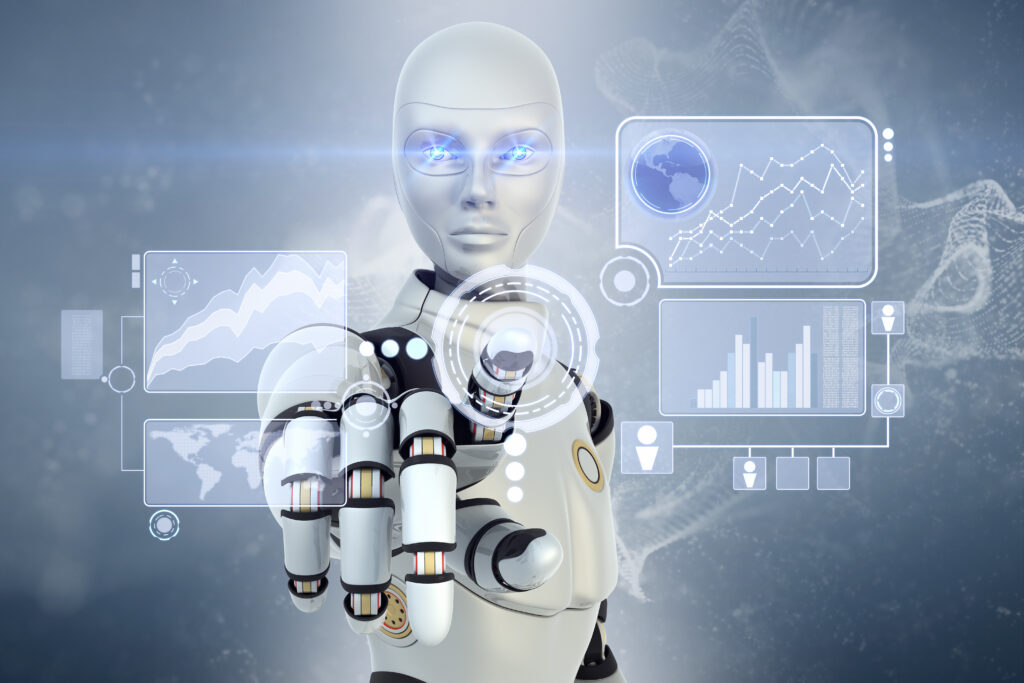Robotic Process Automation and the Future of Accounting

Accountants have relied on calculators for over a century, underlining the important of technology’s role in reducing errors and streamlining financial reporting. So, it’s no surprise that the advancement of technology is trending towards a virtual workforce. As progressive software and robots trickle their way into our daily lives, the reality is setting in that those who do not embrace new technologies will be left behind. In recent years, robotic process automation (RPA) is garnering a lot of attention. This software uses existing user interfaces to emulate human execution of tasks, making RPA easily applied to existing applications. Simply stated, robots now have the ability to round out a business operations team and give accounting firms a clear advantage against their competition.
The birth of the internet made way for cloud computing and then social networking, only to steadily introduce us to the next innovation: robotic process automation. Naturally, we begin to wonder where RPA will find itself amongst the financial and accounting world. Will substituting a human workforce for high-frequency duties save firms time and money? Does RPA have the potential to allow the human workforce to focus on analysis and insights that will add value to clients? What are the conceivable risks associated with financial accounting RPA efforts? The answers to these questions will be revealed as more and more firms adopt this innovation.
In the meantime, accounting and financial professionals across the globe are already embracing and accepting RPA-based audit procedures. With robotics slowly but surely making their way into the accounting industry, it is important to consider a few of the prospective applications of RPA in the immediate future:
- Tax activities such as the preparation of tax returns and even calculating book-tax differences
- Revenue audits in scenarios where the auditor’s judgement is not required
- Reconciling revenues and making recommendations based upon calculations of current and prior year listings
- Closing out subledgers and supplying regulatory bodies with the financial filings
- Increasing the speed and efficiency of the process to collect, process, and deliver financial information
- Interpreting a client’s business operations in regard to quantity and price for things like shipping documents, sales invoices, and sales orders
While the concept of RPA can be overwhelming for slow adopters, the reality is that robotics in accounting will actually benefit auditors tremendously, allowing them operate at a much higher level than ever before. Repetitive audit tasks that do not require judgement makes RPA an extremely attractive function for any accounting or financial firm. Achieving higher performance at a lower cost will pave the way for skilled auditors to spend their time powering value creation for businesses rather than spending their time on mundane and repetitive tasks.
If utilized strategically and effectively, RPA has the potential to be one of the most impactful emerging technologies that the financial and accounting industries have ever seen. Only time will tell where robotics’ role in accounting will be in the coming years, but it is safe to say that this technology is not going away any time soon. With that said, the future of accounting may very well lie in the hands of robotic process automation.
